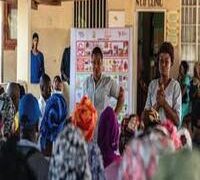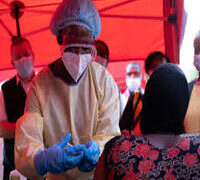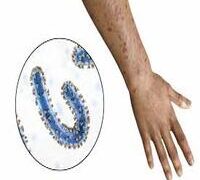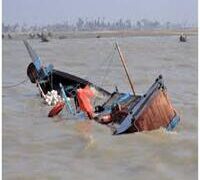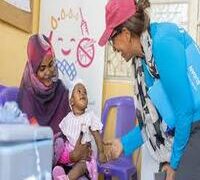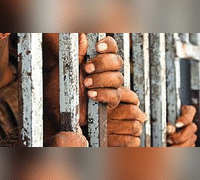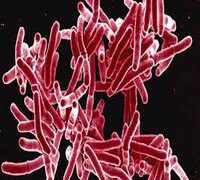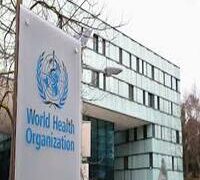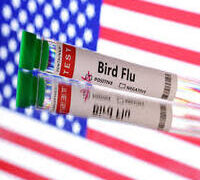
The Osun State Government, South west Nigeria has threatened to jail any member of the public caught stigmatizing persons living with HIV/AIDS in the state. The warning was contained in a public service announcement signed by the Executive Secretary, of Osun State Agency for the Control of AIDS, Dr Adeniyi Oginni.
He lamented that stigmatizing persons living with HIV/AIDS has created disruption and trauma in many families and enjoined employees and members of the public to stop violating the State HIV Anti-discrimination Law which attracts fines, imprisonment or both. Oginni stated that the government would not hesitate to ensure that erring individuals or groups face the wrath of the law.
The announcement read, “In recent times, there have been increasing reports of stigmatization of people living with HIV in our state, most especially women and children. “This has led to loss of job, disruption of family and extreme emotional trauma in the survivors thereby posing serious threats to public health. “Consequently, it has become imperative to inform the general public that stigmatization of people living with HIV is an offence by the provisions of the Osun State HIV Anti-Discrimination Law, 2021.
“Any person or institution found guilty of stigmatizing or discriminating against people living with HIV either by denying them job or means of livelihood, or disclosing their status to other persons without their consent is liable to penalties which range from payment of fines to imprisonment without option of fine or both. “The general public is hereby warned against violation of this law as the Gender and Human Rights Response Team in the state will see to the prosecution of offenders to safeguard the health of every resident of the state. To be fore-warned is to be fore-armed.”
The World Health Organization described the Human immunodeficiency virus also known as HIV as an infection that attacks the body’s immune system, specifically the white blood cells called CD4 cells. According to WHO, HIV destroys these CD4 cells, weakening a person’s immunity against opportunistic infections, such as tuberculosis and fungal infections, severe bacterial infections and some cancers.
The global health body targets to reduce HIV infections from 1.5 million in 2020 to 335,000 by 2030, and deaths from 680,000 in 2020 to under 240,000 in 2030.
WHO noted that people diagnosed with HIV should be offered and linked to Anti-retroviral treatment as soon as possible following diagnosis and periodically monitored using clinical and laboratory parameters, including the test to measure the virus in the blood (viral load). It stressed that if ART is taken consistently, this treatment also prevents HIV transmission to others.







